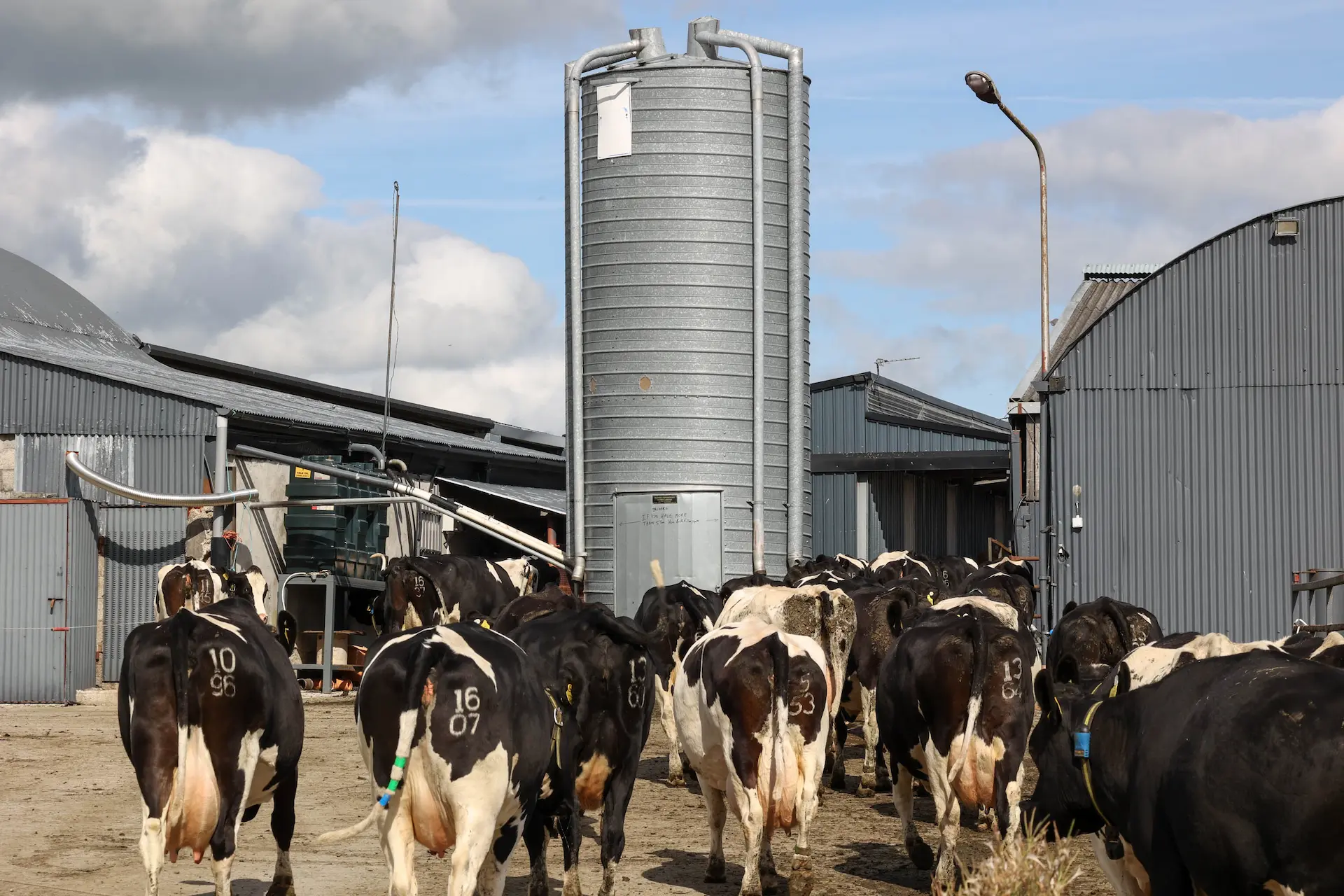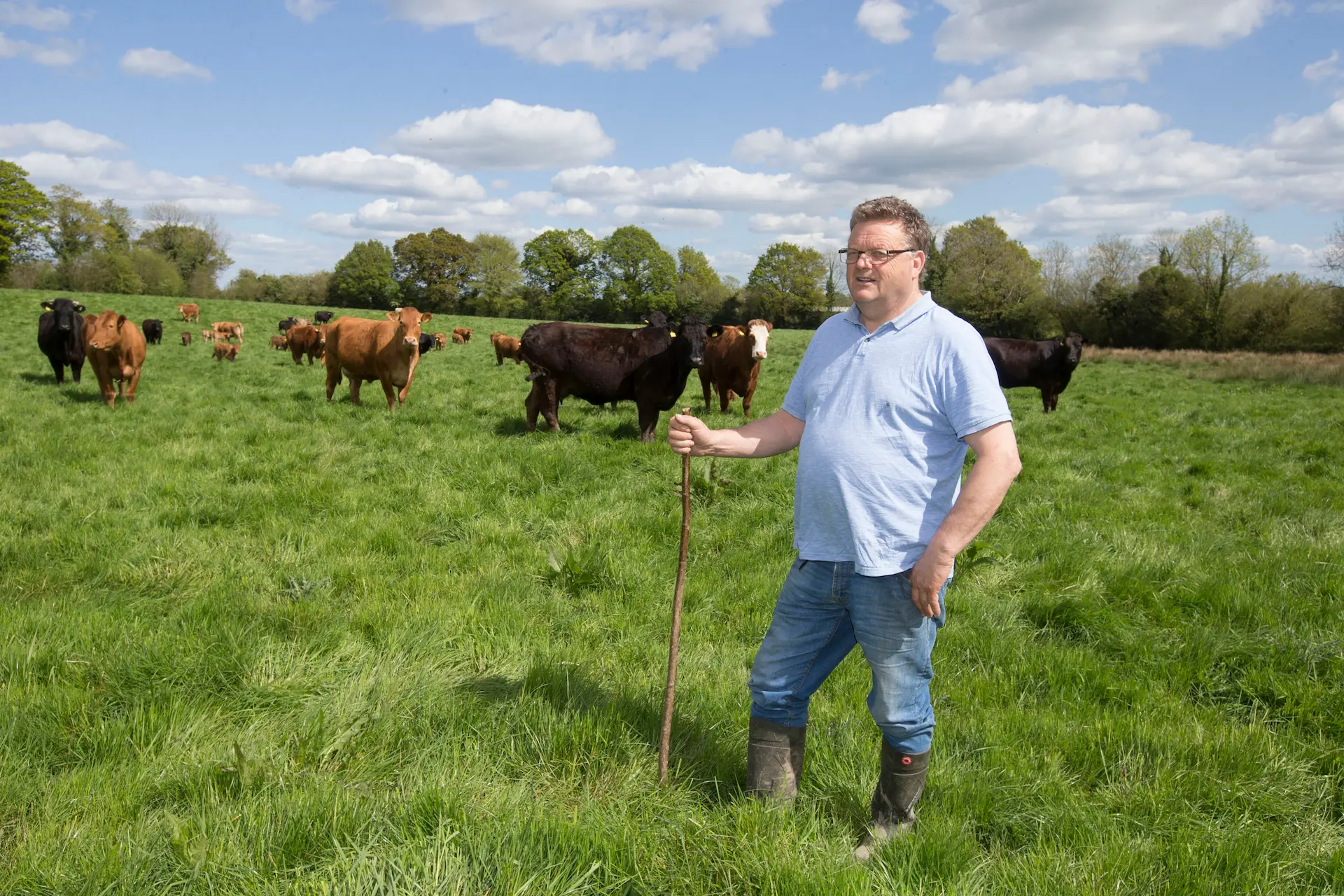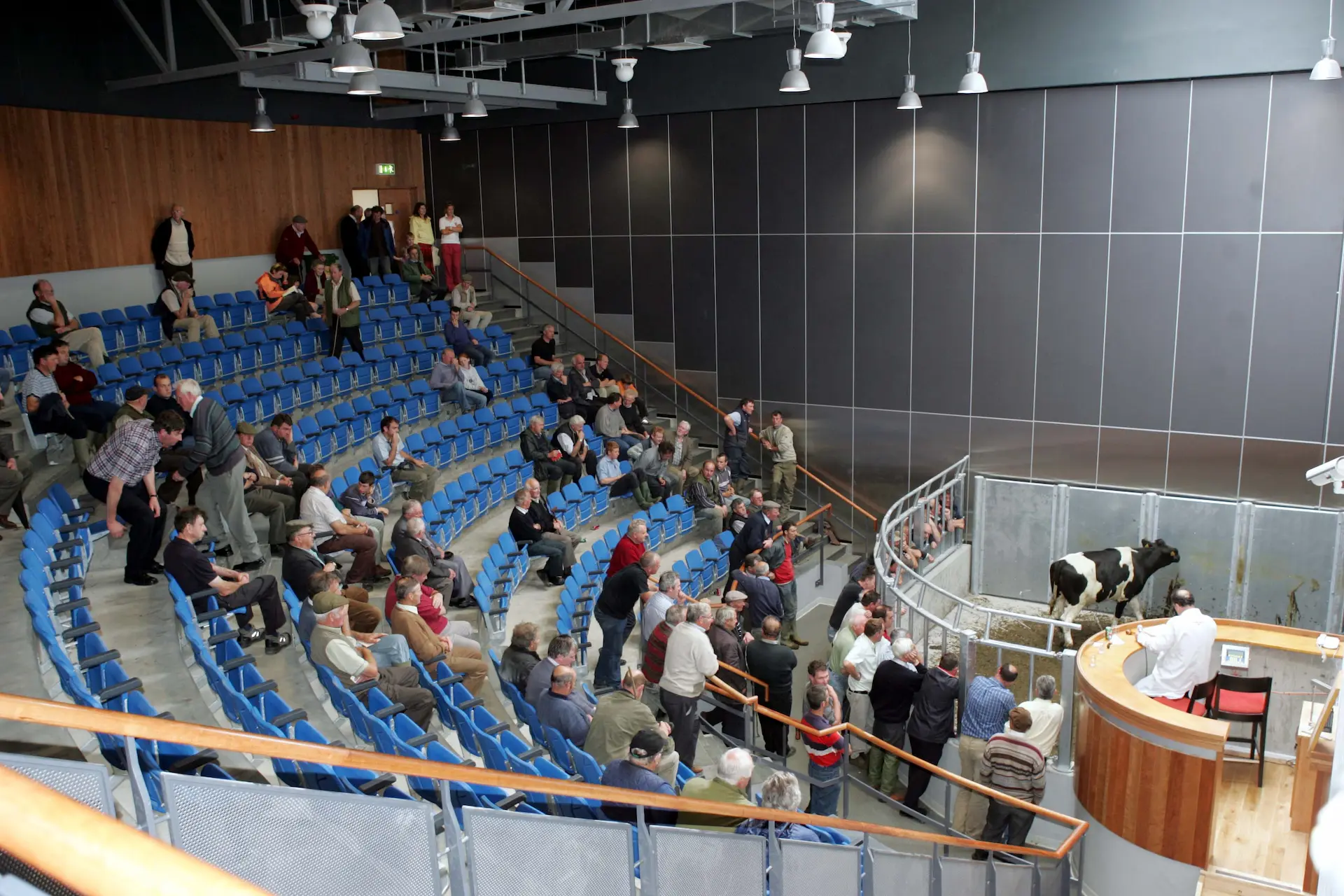What is a Co-Op?
A co-operative is an enterprise which is owned and controlled by its user members and operates for the benefit of its user members.
Co-operatives place considerable emphasis on the ethos of member benefit, member participation and member loyalty. Transparency openness and democratic accountability are also a part of the co-operative ethos. If, in the organisation of the new venture, practical measures and policies can be put in place to cultivate and sustain these values, the co-operative corporate form should yield competitive advantages over use of a company structure.
It is perhaps in the area of identity and ownership that both corporate forms differ most. Co-operatives are uniquely associated with the idea of democratic control and being open accountable businesses accessible to all those who are able to use their services and are willing to accept the responsibilities that being a co-operative entails. Thus singular emphasis is put on the idea that those members who actively used the services of the co-operative are the persons who should be in control and should benefit from its services. A corollary to this idea is that these members should also contribute to the financing of the business in proportion to the use they are making of it.
-
Co-operative: Yes (value of the share capital given by the individual members)
Private Company: Yes -
Co-operative: No limit
Private Company: 99 -
Co-operative: Yes
Private Company: Yes -
Co-operative: Yes
Private Company: Yes -
Co-operative: Yes
Private Company: Yes, but with strict criteria -
Co-operative: 7 individuals
Private Company: 1 or 2 -
Co-operative: Conduct an annual audit.
Submit annual return.
Private Company: Conduct an annual audit.
Submit annual return.
Submit returns in regard to changes of directors and officers.Exemption for certain types of company -
Co-operative: See below – Section 8. ICOS Back-up services and co-operative development
Private Company: Separate legal fees and consultant costs -
Co-operative: Yes, up to €15,000
Private Company: No -
Co-operative: Same for both co-operatives and private companies
Private Company: Same for both co-operatives and private companies -
Co-operative: Yes
Private Company: No
Registering a Co-Op
ICOS was formed in 1894, one year after the Industrial and Provident Societies Acts of 1893 was signed into law.
The Registrar of Friendly Societies is responsible for registration new co-operatives in Ireland. Their website recognises the role of ICOS in formulating model rules for Irish cooperatives:
http://www.cro.ie/en/business-registration-ip-society.aspx
Their website states:
Registration of Industrial & Provident Society
In order to register an industrial and provident society, the grouping involved, which must consist of at least seven people, must draw up a set of rules governing the operation of the society. The rules must as a minimum contain the matters required to be provided for by the second Schedule of the Industrial and Provident Societies Act 1893. The rules, together with the prescribed application form and fee are submitted to the Registrar for examination and, once the rules are found to be in accordance with statute, the society is registered.
There are a number of representative groups for co-operatives with whom the Registrar has agreed forms of Model Rules which can be used in the registration of societies. The Irish Co-operative Organisation Society Limited (ICOS) has agreed Model Rules ……. [and] ….. ICOS can also assist in the establishment and registration of a co-operative.
Co-Op Principles
The Statement on Co-operative Identity was adopted at the 1995 General Assembly of the International Co-operative Alliance (ICA), held in Manchester on the occasion of the Alliance’s Centenary. ICA has developed seven core principles which are guidelines by which co-operatives put their values into practice.
The co-operative principles are guidelines by which co-operatives put their values into practice.
-
Co-operatives are voluntary organisations, open to all persons able to use their services and willing to accepts the responsibilities of membership, without gender, social, racial, political or religious discrimination.
-
Co-operatives are democratic organisations controlled by their members, who actively participate in setting their policies and making decisions. Men and women serving as elected representatives are accountable to the membership. In primary co-operatives, members have equal voting rights (one member, one vote), and co-operatives at other levels are also organised in a democratic manner.
-
Members contribute equitably to democratically control the capital of their co-operative. At least part of that capital is usually the common property of the co-operative. Members usually receive limited compensation, if any, on capital subscribed as a condition of membership. Members allocate surpluses for any of the following purposes:
a) Developing their co-operative, possibly by setting up reserves, part of which at least would be indivisible.
b) Benefiting members in proportion to their transactions with the co-operative.
c) Supporting other activities approved by the membership. -
Co-operatives are autonomous, self-help organisations controlled by their members. If they enter into agreements with other organisations, including governments, or raise capital from external sources, they do so on terms that ensure democratic control by their members and maintain the co-operative identity.
-
Co-operatives provide education and training for their members, elected representatives, managers and employees so that they can contribute effectively to the development of their co-operatives. They inform the general public- particularly young people and opinion leaders- about the nature and benefits of cooperation.
-
Co-operatives serve their members most effectively and strengthen the co-operative movement by working together through local, national, regional and international structures.
-
Co-operatives work for the sustainable development of their communities through policies approved by their members
Start a Co-Op flow chart
The Irish Co-operative Organisation Society (ICOS) background and knowledge in the co-operative movement benefits those wishing to set up new co-operatives.
In fact we try to make setting up a co-operative as easy as ABC! ICOS lists the following steps to assist when accessing the viability and suitability of the proposed enterprise as a co-operative.



